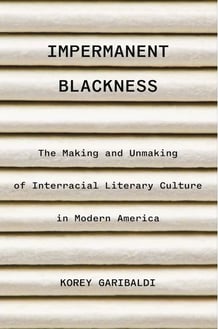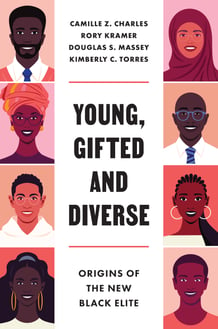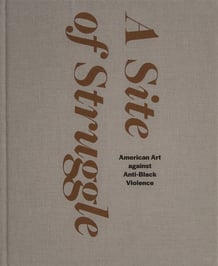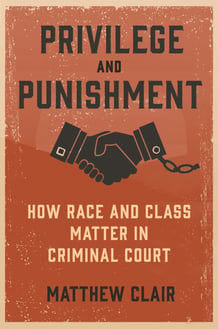this is an exciting time to be reading and researching black history and culture. afrodiasporic authors that I study, including Alexandre Dumas père; and Alexander Pushkin, monitored the arduous struggle for freedom in the antebellum U.S. and the global dimensions of blackness. (indeed, both mixed-race writers were fans of one another, and Dumas père wrote about Pushkin's african great-grandfather, Abram Petrovich Gannibal, in the 1850s.) several decades later, in 1936, black scholar and diplomat Mercer Cook translated Dumas père's biographical writing on Pushkin for the afro-american, a piece of literary history that is little remembered in our own time. My research sheds new light on the sheer scale and impermanence of cultural interracialism, which has deep, transnational resonances in the twenty-first century.
In 1891, Pushkin's granddaughter Countess Sophie of Merenberg married Russia's Grand Duke Michael, the cousin of the tsar at that time. That year, scores of American newspapers reported, disparagingly, that there was now "negro blood in the royal court." Other papers, such as Norfolk's Virginian and Carolinian, described Merenberg as Grand Duke Michael's "negro wife," despite how White her (immediate) ancestry was. After the Grand Duke's mother discovered that her son had married Pushkin's granddaughter, she suffered a heart attack, passing away soon thereafter. Grand Duke Michael was blamed for his mother's death, and the tsar banished the newlyweds from Russia, for life. They settled abroad permanently, even after the tsar's banishment was lifted.
Several years later, Grand Duke Michael penned a novel, Never Say Die (1908), based on the story of his courtship of, and marriage to, Pushkin's granddaughter. This semi-fictional tale, which he dedicated to his wife, followed the exploits of a "clever" but "very lazy" prince who is nevertheless trained to become "an exceptionally good soldier." Fittingly, this young prince finds himself smitten with a general's daughter, who is neither royal nor aristocratic. Moreover, the Grand Duke Michael's protagonist, styled after himself, leads a "quiet, studious life of a man fond of his military profession," who disavows "the gaieties of his father's court."







6 comments:
It's OVER!black hysteria month is OVER!
--GRA
Didn't read through the whole thing, but here's a question- if black exceptionalism existed in the distant past, what happened to it? There's no more a Dumas or Pushkin among blacks (or mulattos) than there's an Oscar Wilde or Noel Coward among gays- maybe we've come to the end of the line culturally across-the-board. -RM
"The stereotype of black criminality is also perpetuated through academic knowledge and stylized facts. In the Condemnation of blackness, historian Khalil Gibran Muhammad writes that "crime statistics became an innovative and scientific way of communicating the inferiority and pathologies of black people after slavery."
GRA:All you have to do is read the news,check out daily mugshots(when they had them)and listen at night in your newly integrated neighborhood for gunshots and sirens,to know this isn't a myth.Just the opposite:Many black crimes are not reported by police TO media and BY media to the viewers.
Lying black "professors".
--GRA
"In the United States, a persistent cultural stereotype has long conflated Blackness with criminality . . . Today, the stereotype persists,"
Golly! Why would that be? Golly!
Maybe the title should be, "The Myth that Black Criminality is just a Myth."
Perfect.
--GRA
Post a Comment